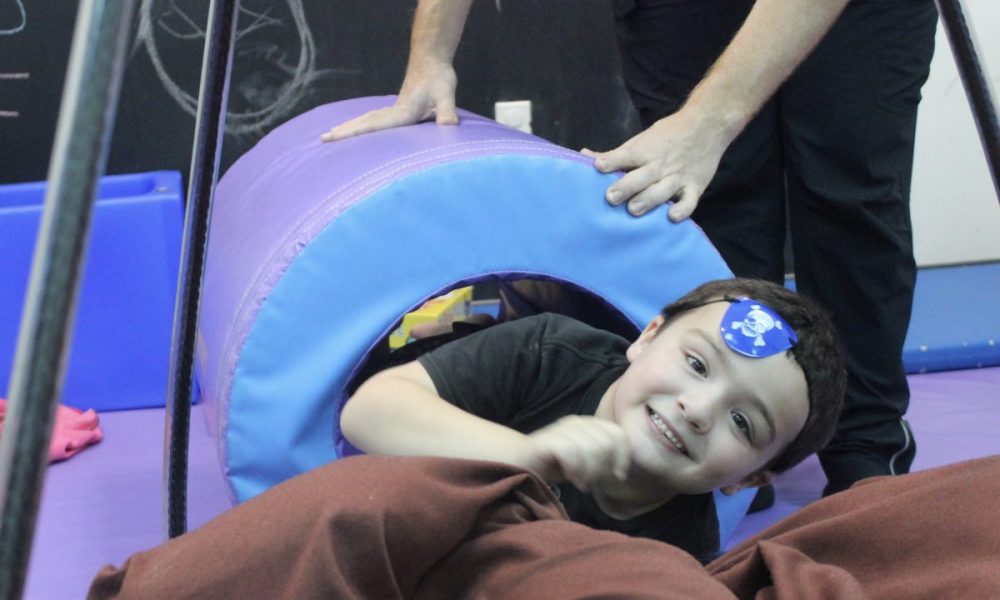What Is Interoception?
Interoception is a sensory system that impacts children’s self-regulation, behavior and overall functioning. This refers to our perception of what is going on inside of your bodies. This is responsible for the feelings of hunger, thirst, sickness, pain, having to go to the bathroom, tiredness, temperature, itch and other internal sensations. This also is associated with sense of well-being and emotional regulation.
Think about it like this: ask yourself the question: “Am I okay?” If your internal signals are telling you that you are okay, then yes, you are okay. If we ask this and we answer with a different set of signals, like heart palpitations, nausea, or a headache, we may feel anxious, upset or even panic.
Individuals may be over-responsive (hypersensitive), under-responsive (hyposensitive) or a combination of both. Some may not know how to verbally label the information their brains receive from the interoceptive sense. They may not be receiving enough data, which makes things confusing or if they are receiving too much information the sensations can become overwhelming.
Hypersensitivity
Children with hypersensitivity to interoceptive input can make typical everyday sensations like hunger or having to use the bathroom, distracting or painful. This may result in difficulty maintaining attention to tasks if the child is preoccupied with the internal stimuli. The child may have physical “overreactions” in response to the internal stimuli. These physical “overreactions” can be anxiety, meltdowns, and other negative behaviors for apparently no reason. They are actually responding to the intensity of these internal sensations.
Hyposensitivity
Some children may be less sensitive to interoceptive input. This is when they do not receive cues from internal sensations. The child may not be able to respond to the pain or feeling in a functional way. Children who seem to act out without warning, just can’t get the hang of potty training, or never seem hungry or thirsty, may be struggling with interoceptive processing.
Activities and Strategies To Support Interoceptive Functioning
It could be that a child’s sense of interoception is still developing. They may struggle with recognizing and responding appropriately to their emotions and those of others. Activities and strategies for supporting interoceptive functioning include:
- Yoga
- Mindfulness
- Breathing Exercises
- Social Stories
- Heavy Work Activities
- Alerting Activities
- Visual Prompts and Cues
- Deep Pressure Input
- Repetitive, rhythmic vestibular input (like swaying, swinging, or rocking)
The therapists at Cheshire Fitness Zone are trained and have many years’ experience working with all types of sensory processing issues, including interoception. If you have concerns about your child, please fill out the form below to schedule an evaluation.
Request Appointment
"*" indicates required fields



